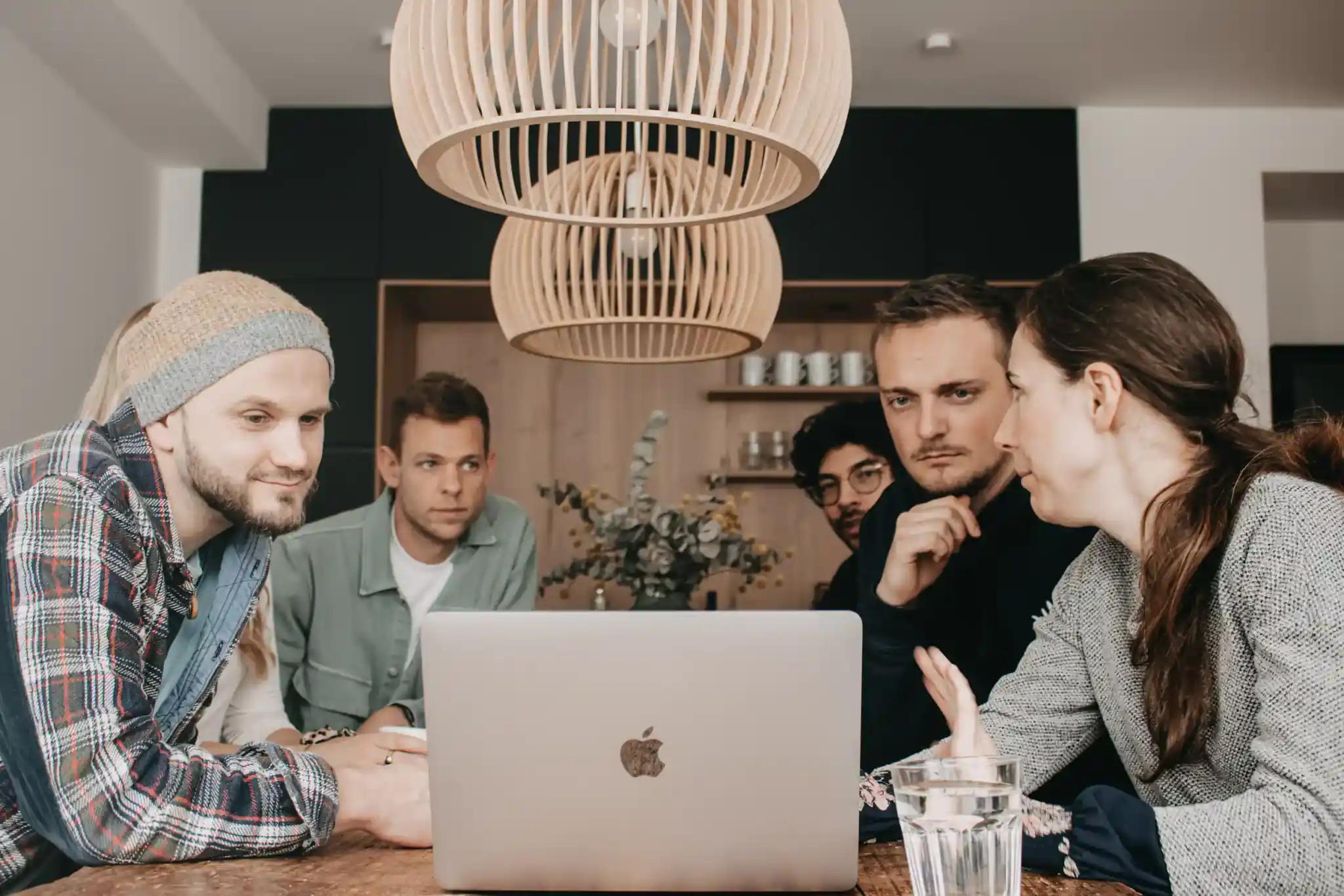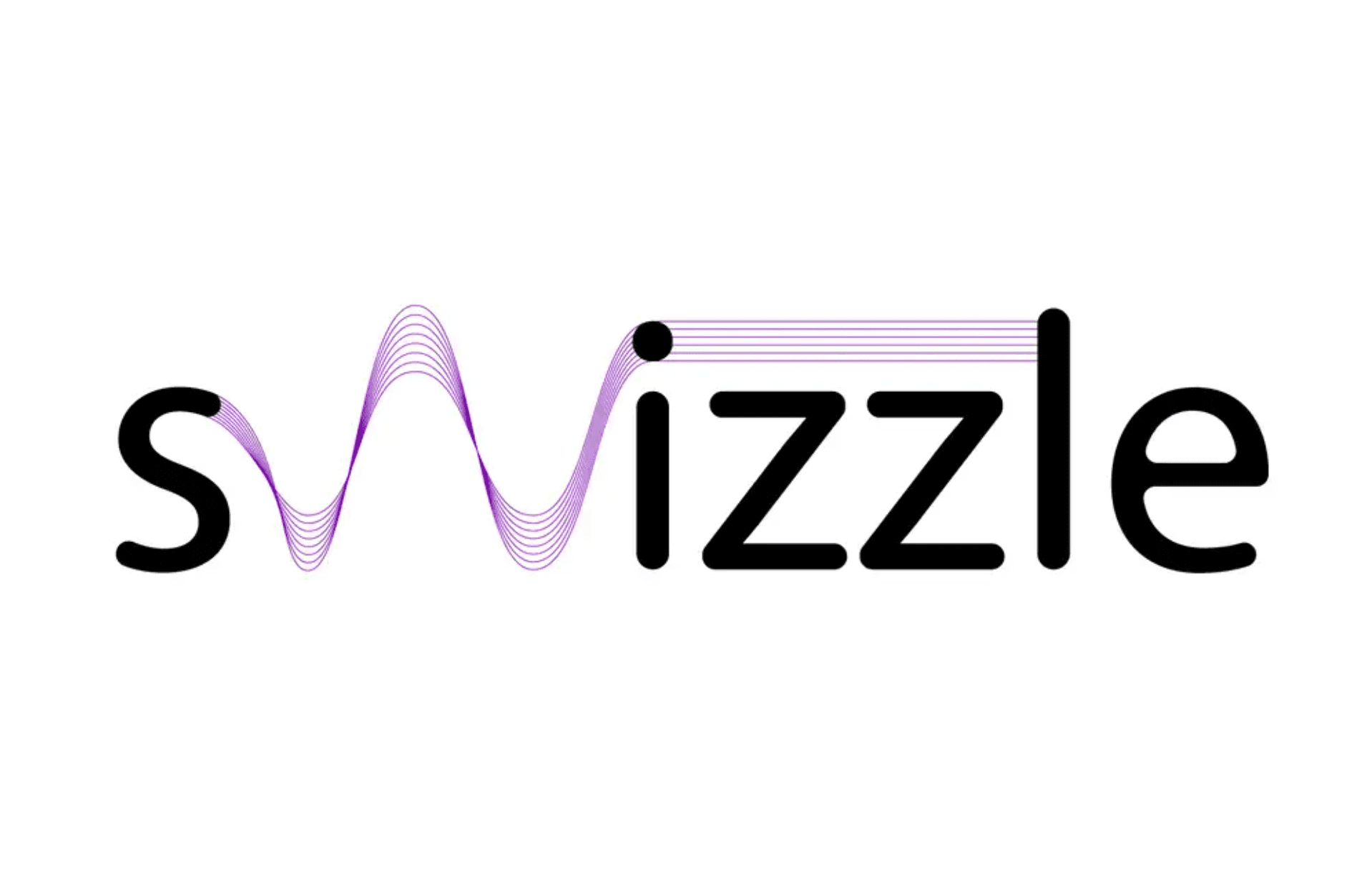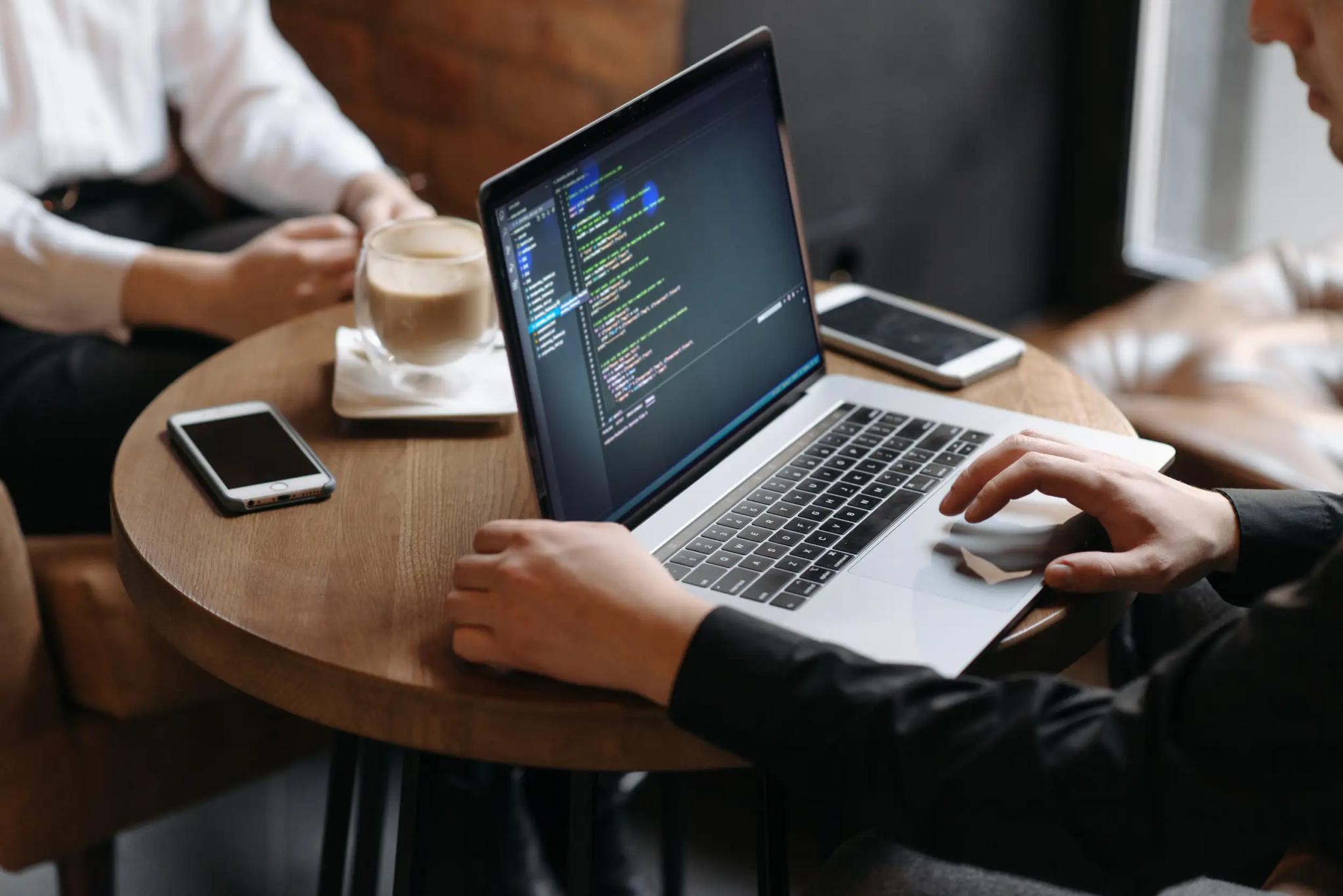
AI Modeling Training New Bootcamp
Next seat available
Course content
All content at a glance
Become a Machine Learning Specialist – in the neue fische AI Modeling Bootcamp
The AI Modeling Bootcamp is a 6-week full-time curriculum designed for job seekers and employees with IT/software development background looking to expand their skills in artificial intelligence, data modeling, and machine learning.
Career change to AI Modeling : These are the requirements
Ideally, you already have some IT experience – but most importantly, you're curious about artificial intelligence, data, and modern technologies. Whether you come from software development, data science, or a related field: if you think analytically, enjoy learning new things, and want to level up your tech skills, this bootcamp is a great fit for you. And if you're missing the right equipment: we're happy to help.
Keyfacts
- Full-Time: 6 Weeks (Mo – Fr, 08.30 – 18.30h)
- Participants: approx. 12
- Location: Remote
- Language: German
- Future Job: Data Scientist, AI Engineer, Machine Learning Specialist
Tech Stack
Starting dates
The next dates: AI Modeling Training
Our AI Modeling Bootcamp runs full-time Monday through Friday for 6 weeks.
Aug | 25th Aug – 6th Oct ‘26 | Full-Time | Remote | German | Secure seat |
|---|
Curriculum
This is what you learn in our AI Modeling Bootcamp

In your first week, you'll build a solid foundation for your AI journey. You'll learn to navigate the Bash command line, work with Git & GitHub, and refresh your Python skills using NumPy, Pandas, and Matplotlib. You'll explore and visualize data, formulate initial hypotheses, and conduct exploratory data analysis – culminating in a team-based mini project.

You’ll dive into machine learning with a focus on classification problems. Alongside an introduction to AI, ML, and DL concepts, you’ll explore supervised learning techniques. Using scikit-learn, you’ll build your first classification models, optimize them through feature engineering and hyperparameter tuning, and evaluate them with industry-standard metrics. Your project: predicting Titanic passenger survival.

This phase focuses on regression techniques in supervised learning. You'll work with time series data, apply linear regression and regularization, and explore techniques to avoid overfitting. You'll also dive into gradient descent as a core machine learning principle and refine your Python function skills. All of this is applied in a project forecasting bikeshare demand.

In week 4, you’ll deepen your knowledge with decision trees, random forests, and ensemble methods like bagging and boosting (including XGBoost). You'll explore model comparison strategies and handle imbalanced datasets. On the unsupervised side, you'll implement clustering techniques like K-means and hierarchical clustering, and apply PCA for dimensionality reduction – all tied into real-world business cases.

This week is all about deep learning. You’ll explore the structure of artificial neural networks and implement them using TensorFlow and Keras. Key topics include backpropagation, training strategies, and convolutional neural networks. With transfer learning, you'll build your own image classification model based on pre-trained architectures.

In your final week, the focus shifts to language and modern large language models. You’ll explore classic NLP techniques like tokenization, TF-IDF, and sentiment analysis, and dive into LLMs like BERT and GPT. You'll experiment with RAG, fine-tuning, and libraries like LangChain to build your own AI agents – such as an intelligent FAQ bot or analysis tool.
Our partner companies

Final projects of our alumni
Final projects at neue fische & SPICED
4,500 alumni have already completed a final project with us. You too will complete one that you can present to your future employers. Discover which projects already exist.
The bootcamp is designed for job seekers or professionals with a background in IT, software development, or data science who want to deepen their knowledge in artificial intelligence and machine learning.
Ideally, you have a degree in a STEM field or relevant practical experience in software development. Basic knowledge of Python and statistics is a plus, but not required
You’ll gain hands-on experience in building and training AI models – from classical machine learning to deep learning and advanced LLM applications like GPT or RAG. Tools include scikit-learn, Keras, TensorFlow, and LangChain.
After completing the program, you’ll be prepared for roles in AI Engineering, Data Science, or MLOps – such as Machine Learning Engineer, AI Developer, or Data Analyst with a focus on AI.

What are you waiting for?
Our Student Admissions team is happy to talk with you, answer your questions, and advise you. Get in touch with us!





